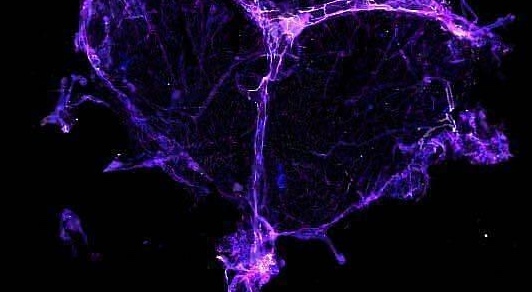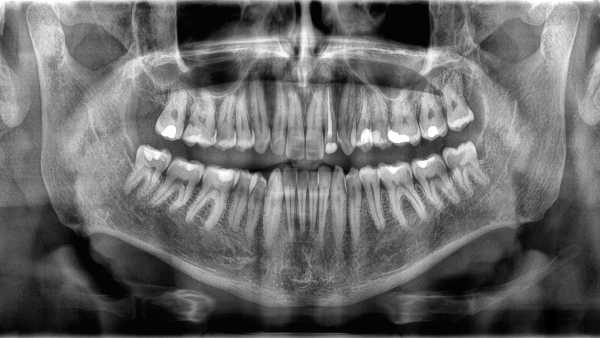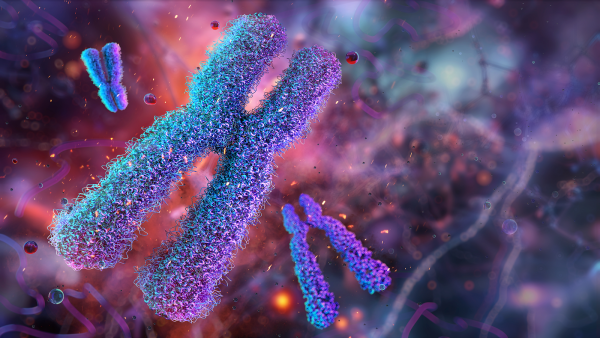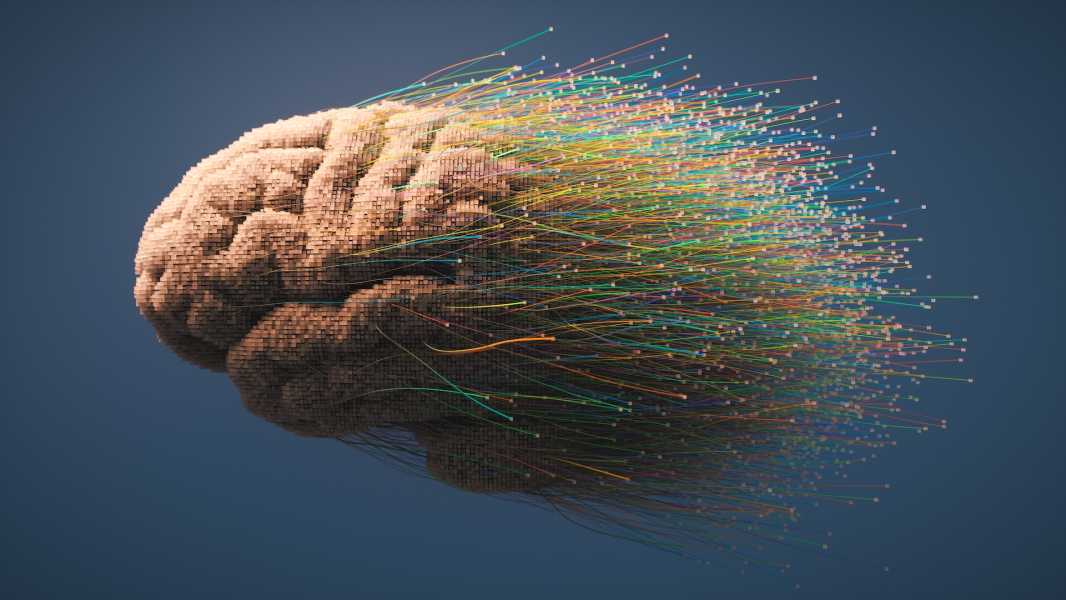
A study in mice has shown that while some cells that store memories of locations remain unchanged, many of them “drift” over time. (Image credit: imaginima via Getty Images)
A new study in mice has found that memories of places “drift” around the brain as different groups of neurons carry them over time.
Neuroscientists previously believed that memories of places and features in our environments were encoded by special “place cells.” These cells, located in an important memory center known as the hippocampus, are activated when a mammal encounters a specific environment that matches them—for example, at the door of a house or near a waterfall on a trail. The activation of these place cells was thought to act as a kind of map in the brain, enabling the encoding of long-term memories of specific locations and navigation.
“In the 1960s and 1970s, we basically thought that [spatial] memories were encoded by specific neurons in the brain,” said senior study author Daniel Dombeck, a professor and lead researcher in neuroscience at Northwestern University. “That was probably the case for 30 to 40 years until it really came around about 10 years ago.”
You may like
-
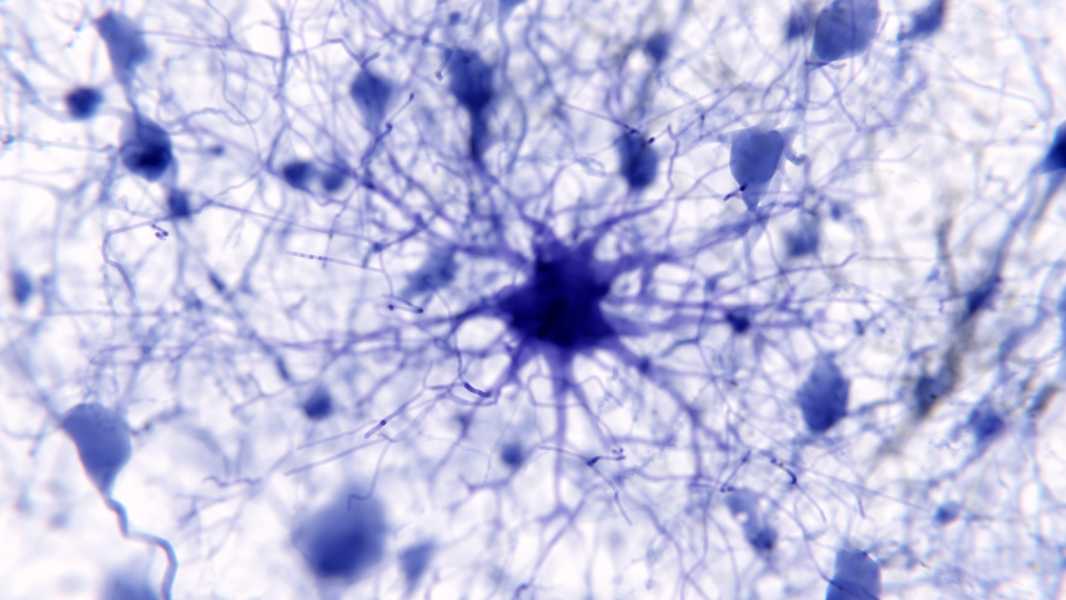
Stellate brain cells may be the basis of the brain's vast memory store
-
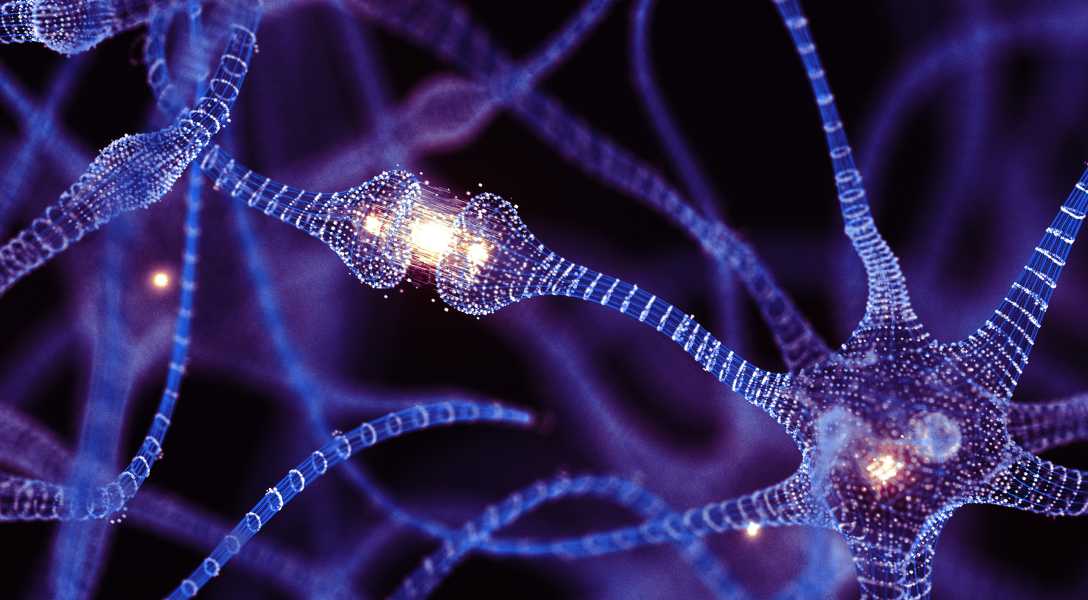
Can adults create new brain cells? New research may finally settle one of the biggest debates in neuroscience.
Sourse: www.livescience.com


